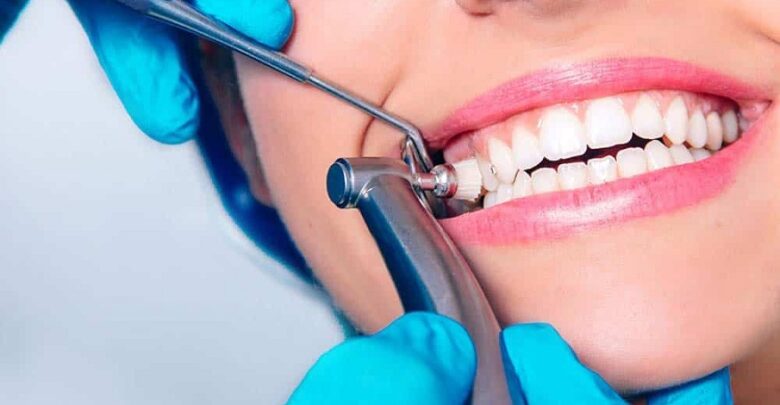Reasons For Pain During a Dental Cleaning

Dental cleanings do not have to be painful!
The most important thing to remember is that dental cleanings do not have to be painful! Dental cleaning does not have to be painful or difficult. Much of that is due to your hygienist and dentist’s competence and care (and at Smiles of Cary, we take pleasure in having top-notch hygienists who work with a light touch and wonderful bedside manner), and much of it is due to how you care for your teeth. So, choose the correct dentist and practise excellent dental care if you want a pain-free cleaning.
Most dental cleanings are painful due to poor oral hygiene.
We’re not blaming you for a painful dental cleaning—not it’s always your fault! However, most uncomfortable issues arising during a dental cleaning result from your failure to care for your teeth properly. For example, you’ve heard (or experienced) tales of dental hygienists asking patients how frequently they floss, only to be assured it’s every day—all while the patient’s mouth is flowing with blood from delicate, never-flossed gums.
If you properly care for your mouth by brushing and flossing every day and seeing the dentist regularly, you won’t be in for an unpleasant surprise when the hygienist begins working on your teeth.
Gum Disease
Gum disease is one of the most prevalent disorders associated with poor dental hygiene, and it is also one of the primary reasons tooth cleanings are so unpleasant. This infection, also known as periodontal disease, affects not just the gums but also the ligaments and bones around the tooth roots. The following are common gum disease symptoms:
- Gums that are swollen and bleeding
- Discrepancies between teeth
- Breath that stinks
- Changes in your bite alignment
- Tartar accumulation
- Sensitivity of the teeth
What is the most effective technique to treat gum disease? Brushing, flossing, and using mouthwash are all recommended. But, it’s a simple answer to a complex issue.
Teeth Sensitivity
During a cleaning, gum disease may make your teeth feel very sensitive—even more so than usual. This is because gum disease causes your gums to peel away from your teeth, exposing the base of the tooth, which is much more sensitive to touch as well as hot and cold water. During a cleaning, the hygienist and dentist may push and prod at this region to remove tartar and other deposits and assess the extent of the issues. And it may be painful.
Gums that are sore and bleed
Gingivitis is a mild form of gum disease in which the gingiva (the fancy name for gums) becomes swollen and painful. When the swollen and sensitive gingiva is contacted by cleaning equipment, the blood vessels in the gingiva might break and bleed. If left untreated, gingivitis may progress to periodontitis.
Brushing, flossing, and rinsing your teeth regularly can help you grow strong and healthy gums and teeth free of these issues.
Tell Your Dentist or Hygienist If It Hurts
Just because part of the discomfort you feel during a dental cleaning may be due to poor oral hygiene does not imply you have to put up with punishment and suffering. If you’re in pain, notify the hygienist or dentist, and they’ll do all they can to make you as comfortable and safe as possible.
While there may be times when something unpleasant has to happen to make you healthy, we want to reduce your discomfort and agony as much as possible while you’re here and start you on the path to excellent dental hygiene in the future, pain-free.




